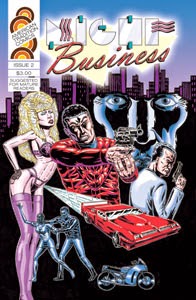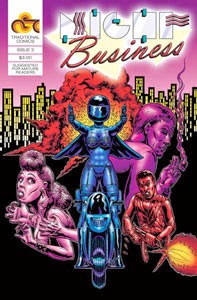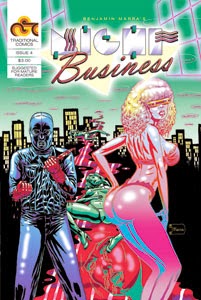An on-going, evolving series collecting my thoughts on the craft of telling stories through comic books. These posts do not document rules; these are the ideas passing through my mind when I'm making comic books.
2. If You Introduce a Gun ...
• "One must not put a loaded rifle on the stage if no one is thinking of firing it." - Anton Chekhov
• "If in the first act you have hung a pistol on the wall, then in the following one it should be fired. Otherwise don't put it there." - Anton Chekhov
• "If you say in the first chapter that there is a rifle hanging on the wall, in the second or third chapter it absolutely must go off. If it's not going to be fired, it shouldn't be hanging there." - Anton Chekhov
• Writing fiction is about posing questions within the narrative, then answering them or resolving them later.
• After you think of a beginning to a story, think of the ending. If you don't have an ending there's no purpose for anything to happen in the middle. Events in the story should move the narrative toward the ending.
• Everything—events, character, description, dialog—in the story must have a reason in advancing the story.
• I read Stephen King's book "On Writing" recently. In it he discusses his process. King doesn't plot out his stories, rather he discovers them as he goes along, like he's uncovering a dinosaur fossil from the earth. I disagree with is approach and it's why his work ultimately fails me as a reader. I believe in plotting out a story—making the connections between the narrative questions, problems and conflicts and their later answers, solutions and resolutions counterparts in advance of the execution.
Google Image Search of "Chekhov's Gun"







